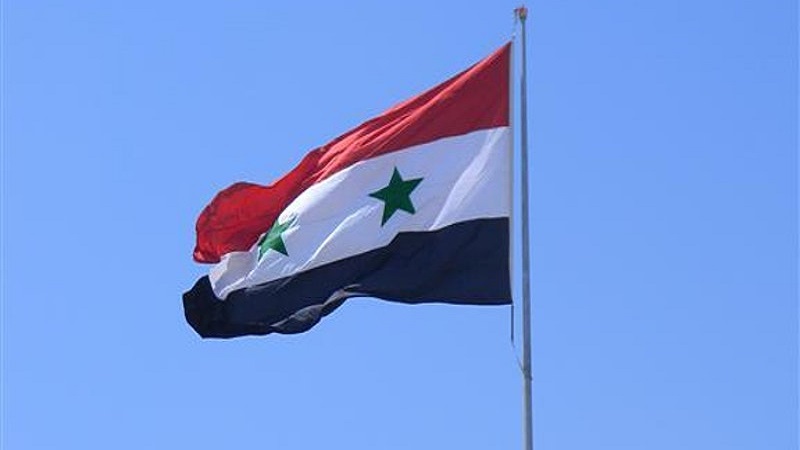Power-sharing & Sectarian Identities in Syria
Tue, 23 Feb 2021, 5 to 6:30 pm Greenwich Mean Time (UTC±0)
Register here.
Building a lasting peace? Power-sharing and sectarian identities in Syria
About this Event
Speakers:
- Alison McGovern MP, Co-Chair of the APPG Friends of Syria
- Bilal Sukkar, Middle East & North Africa Programme Coordinator at Saferworld
- Dr Abdalhadi Alijla, Co-Leader of Global Migration and Human Rights at Global Young Academy
- Dr Rahaf Aldoughli, Lecturer in Middle East and North African Studies at Lancaster University
Chair: Adam Hug, Director of the FPC
The FPC is working again with the SEPAD (Sectarianism, Proxies and De-sectarianisation) project at the Richardson Institute for Peace at Lancaster University on a series of virtual public seminars focused on peacebuilding in Lebanon, Bosnia, Syria and Yemen. The project will address each country’s situation individually but it will seek to learn from the experiences of Lebanon and Bosnia (both the successes and ongoing/growing problems) in terms of power-sharing and how this might guide our thinking around solutions to the intractable conflicts in Yemen and Syria. For each panel, we will be bringing together a mix of academic experts from the SEPAD project with politicians and potentially international officials or NGO experts.
This third seminar in the series seeks to examine the complex relationship between peace-building, power-sharing and sectarian identities. The event will examine the state of play in Syria given the ongoing humanitarian crisis and the Assad regime re-establishing control over much of the country. It will look at the role currently being played by external parties to the conflict and how they shape the political and sectarian dimensions of the conflict. It will also explore what options are available to the international community to shape the course of events on the ground in Syria, what the future holds for areas not currently under Assad’s control and whether any future mechanisms for sharing power or responsibilities may be feasibly considered.
Image by Beshr Abdulhadi under (CC).


